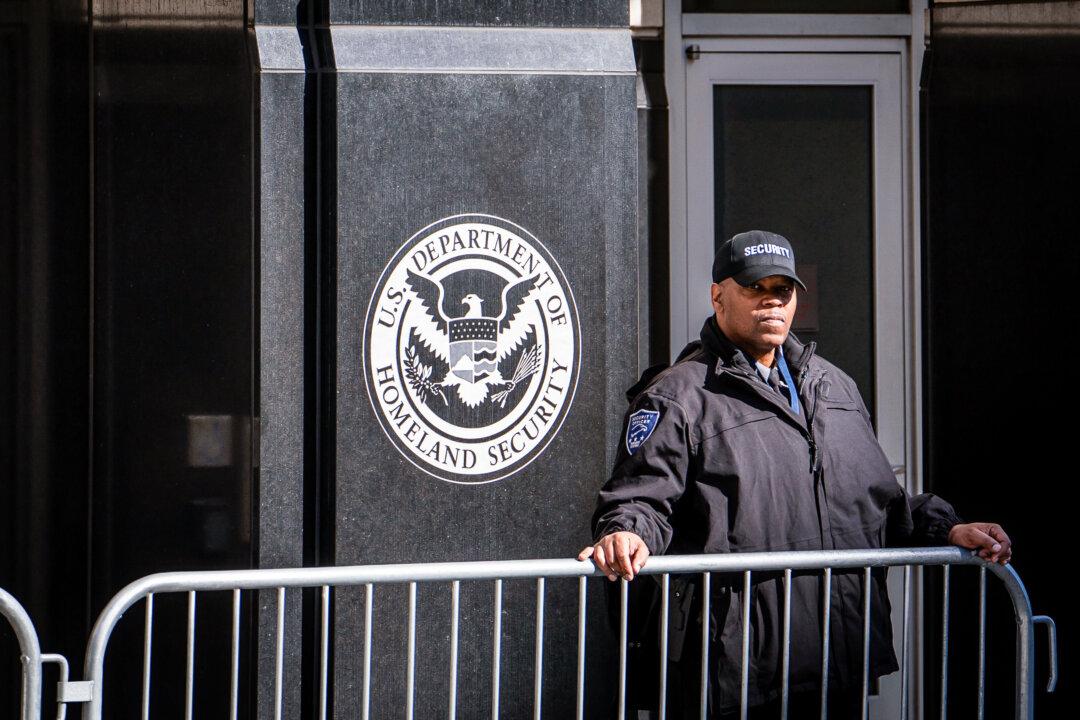The Biden administration will not extend the legal status of migrants who entered the United States through a humanitarian parole program, the Department of Homeland Security (DHS) said on Friday.
The administration launched the two-year parole program in 2022 for Venezuelans, aiming to reduce illegal crossings at the border. It was later expanded to include migrants from Cuba, Haiti, and Nicaragua.





